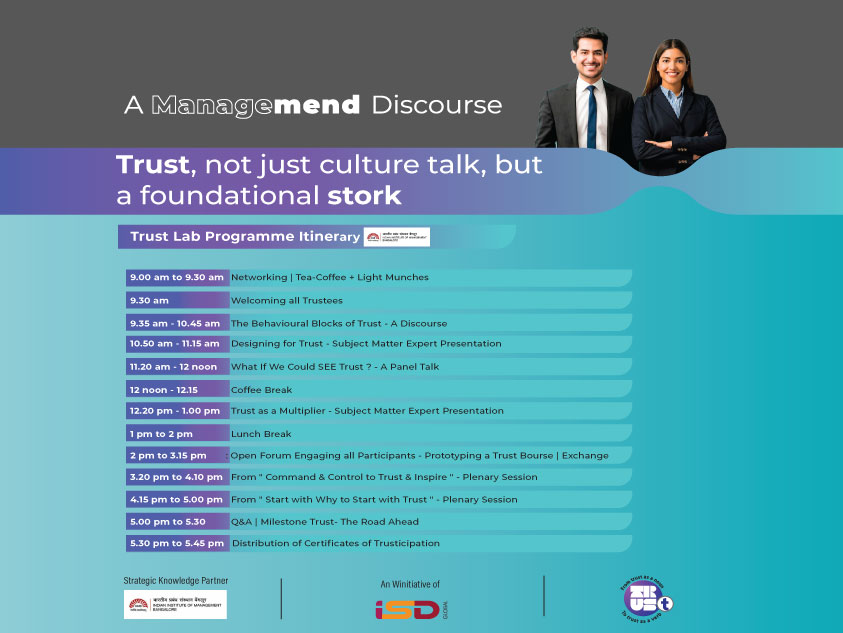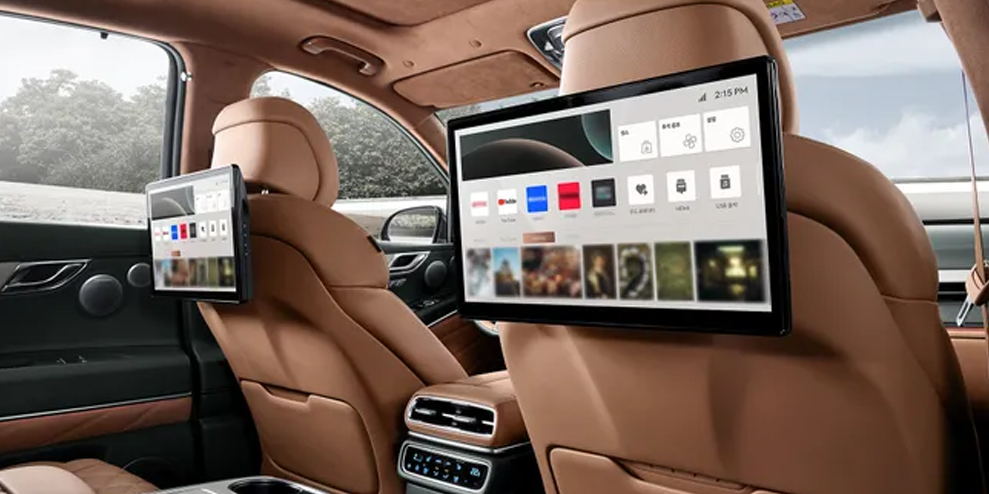It’s time to get real, Paul Frampton writes – emotional, not artificial, intelligence is the key to successful campaigns.
The current craze around artificial intelligence, whipped up by Google’s chatbot and Hollywood’s famous takes on the subject, seems to confirm our increasing fascination with robots.
I’m enjoying Channel 4’s Humans as much as the next person, but I am concerned about the possible effect all this robot-raving could have on the media business: we seem to have forgotten that the most important determinant for success in connecting with consumers today is to be human, not robotic.
This worrying tendency away from the human towards the artificial is most acute in the social content space – ironically, potentially the most human and personal channel within a brand’s armoury. It should be the single most exciting space for brands to initiate and nurture relationships.
But we are all failing. Instead of using our instincts and passion to conjure up compelling conversation-starters that capture hearts and minds, we are all chasing the same trending topics on Twitter like herds of sheep.
We see branded social accounts devoid of any personality or imagination, and still more over-engineered strategies to strike up a conversation based on data rather than ingenuity.
Social platforms are overflowing with tactical ads, and few brands are genuinely delivering on the promise of a more transparent dialogue with their customers.
The trend is only set to continue. Salesforce surveyed 5,000 marketers at the end of last year on their budgets for 2015, and the software giant found that 70 per cent of them plan to increase social media spend. EMarketer estimates that advertisers worldwide will spend £15.3 billion on social media this year – up by a third on 2014 – driven by networks including Twitter, Facebook and Pinterest.
But while most marketers intend to increase their social media activity, most are approaching it from the wrong direction. They gather social and content ideas from all corners – their ad agency, media agency, PR agency, content agency, digital agency. The competition will be good, they assume. In reality, it is testing agency relationships with a constant scramble on the same client for the same work from multiple agencies.
The result: a race to the bottom. Creativity has been compromised.
This is in itself a microcosm of a wider industry virus: competition and price prevailing over collaboration and quality work.
But creativity is what makes us human. Creativity is what allows us to cut through the robotic chatter and connect with other humans. Without it, we may as well give up and go home, handing our briefs to the androids.
A consensus is building: the route to better social content-led campaigns is to get planners, content creators, and distribution experts and data analysts to sit around the same table with a common purpose.
Getting this right is not that hard. We must simply follow the same principles we do for relationships in the real world if we want to be welcomed into the hearts of others: be authentic, be helpful, be funny and be vulnerable.
Emotional, not artificial, intelligence is key to success now.
Humanisation must lead over automation. After all, a robot, no matter how lifelike and supportive it can be, can never be the real deal.
And consumers are demanding the real deal more than anything else; they want to see all the quirks as well as the qualities.
This may sound intimidating to some, who prefer the comfort of robots and data, but no human is perfect – what makes you think they want a brand to be?



